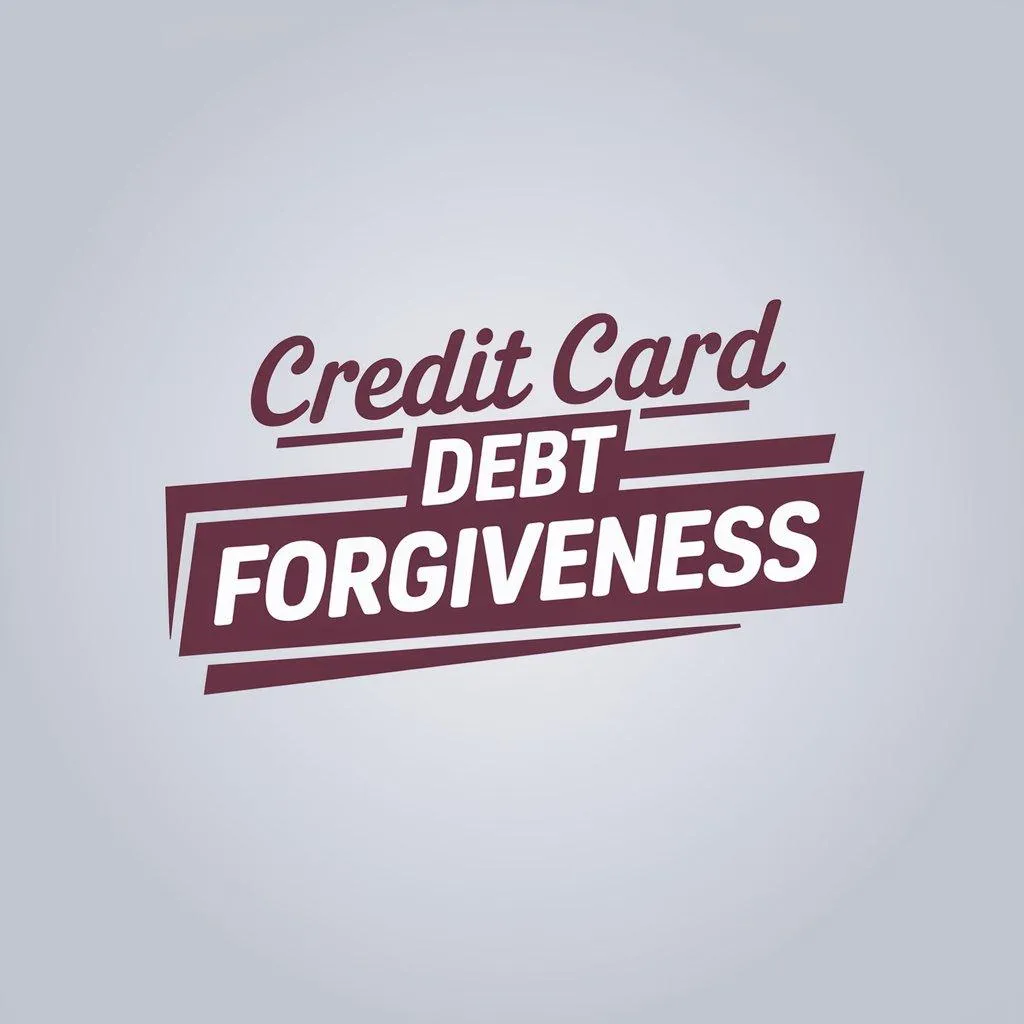
Credit Card Debt Forgiveness
If you’ve ever felt like your credit card debt is out of control, you’re not alone. Life happens—emergencies pop up, income shifts, and before you know it, you’re buried under high-interest balances. But there’s hope.
Credit card debt forgiveness is one possible solution—but it’s not as simple as it sounds. At Consult With Erika, we believe in real talk and real solutions. So let’s break down what credit card forgiveness actually means, how it affects your personal credit, and what you can do to take control.

What Is Credit Card Debt Forgiveness?
Debt forgiveness happens when a creditor agrees to cancel part or all of your outstanding credit card balance. This could be due to:
A financial hardship
A negotiated settlement
Enrollment in a debt relief program
Bankruptcy
Sounds great, right? But don’t jump in too fast—this route comes with serious consequences, especially when it comes to your personal credit score and future funding opportunities.
How Debt Forgiveness Impacts Your Credit
Here’s the truth: while forgiveness can reduce your balances, it almost always affects your personal credit history. Why?
Settled accounts may be marked as “settled for less than the full balance”
It can remain on your credit report for up to 7 years
It may temporarily lower your personal credit score
That’s why many people pair forgiveness with professional credit repair and audit services to clean up and rebuild their credit after the fact.
Alternatives to Credit Card Forgiveness
Before requesting forgiveness, explore your other options:
✅ 1. Debt Consolidation
This combines multiple debts into one loan with a lower interest rate—often a good strategy for those looking to simplify payments and reduce stress.
✅ 2. Balance Transfers
Some credit cards offer 0% APR on balance transfers for a limited time. Use this window to aggressively pay down debt without added interest.
✅ 3. DIY Debt Repayment Plans
Use the snowball or avalanche method to tackle balances with consistency. We help clients create these plans as part of our business financial consulting services.
When Forgiveness Makes Sense
If your situation is urgent—think job loss, medical bills, or extreme hardship—credit card forgiveness may be the lifeline you need. Just be prepared for the tax implications. In some cases, forgiven debt is considered taxable income by the IRS.
A tax strategist or someone familiar with tax planning for individuals can help you prepare and minimize surprises when tax season rolls around.
How to Request Credit Card Debt Forgiveness
If you’re ready to move forward, follow these steps:
Contact your creditor directly—don’t wait for them to reach out
Explain your situation clearly and calmly
Request a settlement in writing and get agreement on how it will be reported
Keep records of all communications
And don’t go it alone—consider bringing in a pro to negotiate and help protect your personal credit profile as much as possible.
Final Thoughts
Credit card debt forgiveness isn’t a quick fix—but it can be a fresh start. Whether you’re rebuilding after a setback or just tired of being buried in debt, there are smart strategies to move forward.
At Consult With Erika, we offer judgment-free guidance through credit rebuilding, funding prep, and financial education for entrepreneurs—because your money story deserves a powerful comeback.
📞 Ready to talk strategy?
Book your free 15-minute strategy call today and let’s get your credit and confidence back on track:
👉 https://calendly.com/consultwitherika/15-min-strategy-call

